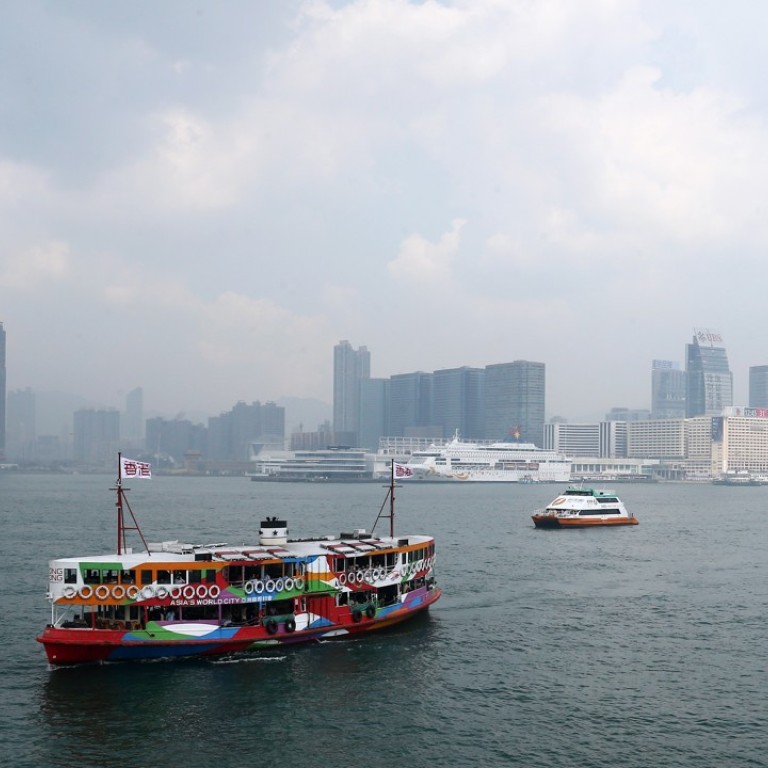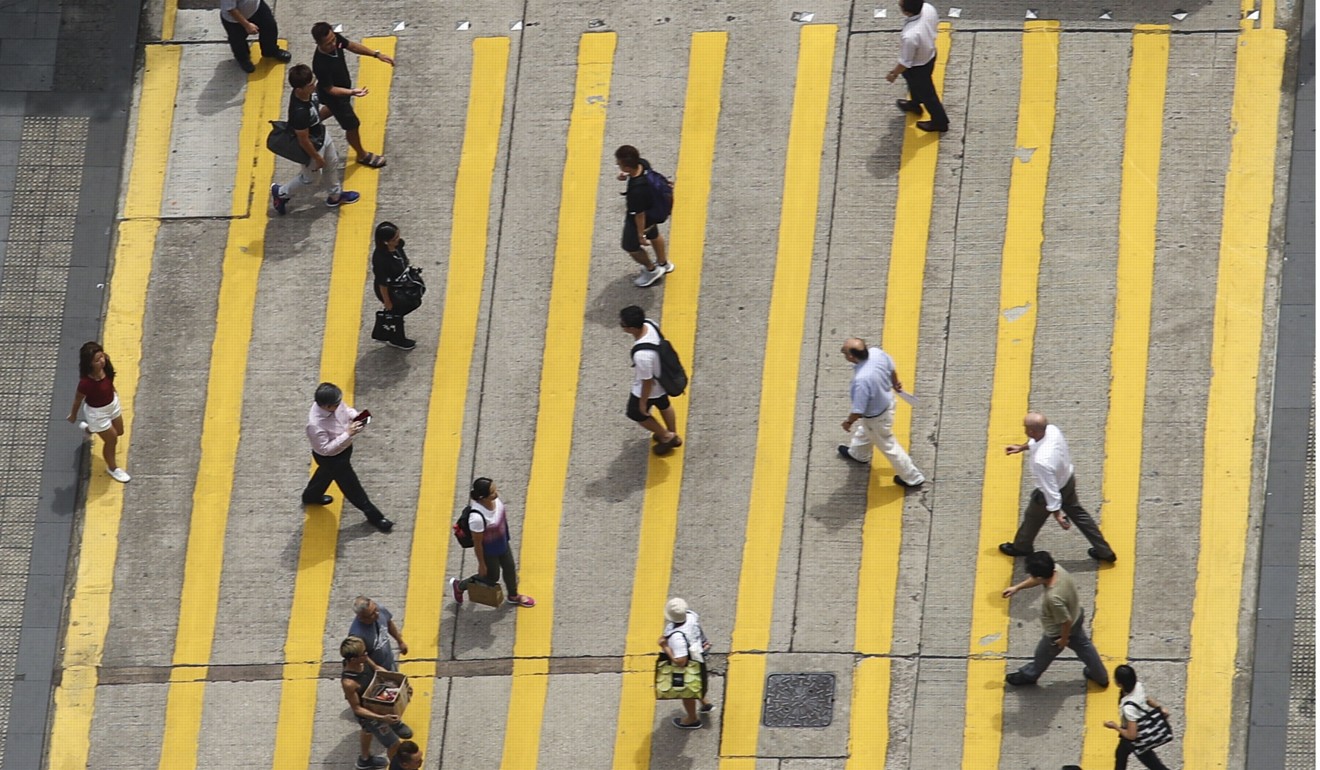
Hong Kong jumps three places in global competitiveness index to reach 6th
City makes largest leap among top 10 economies in study by World Economic Forum
Hong Kong has risen three places to reach sixth in the latest index measuring global competitiveness.
Three Asian territories are in the top 10 of the study, which covered 137 economies. The other two are Singapore, which fell one place to third since the last edition of the index, and Japan, down one place to ninth.
Taiwan fell from 14th to 15th, while China rose from 28th to 27th.
In 1997, Hong Kong was ranked second on the index, but by 2005, it had dropped to 28th place. It gradually climbed back into the top 10 in 2012.
The index was compiled by the Geneva-based World Economic Forum, a non-profit organisation.
Researchers looked at 12 factors in compiling the index. These were legal and administrative frameworks, infrastructure efficiency, health and education, technological development, innovation, market size, quality of businesses, the macroeconomic environment, and labour, financial and goods market efficiency.

“Hong Kong has made the largest leap among the top 10 economies this year,” a report on the study reads. “The city is still endowed with the world’s best physical infrastructure, and its healthy level of competition and openness ensure extremely efficient markets, which in turn are supported by strong and stable financial markets.”
The city was ranked second for the efficiency of its markets and fifth on the stability of financial markets.
“Hong Kong’s labour market is highly flexible and efficient, though it could do better
in terms of harnessing talent from its workforce [ranked 17th],” the report said. “Its most significant improvement can be observed across the business sophistication [11th] and innovation [26th] pillars, which is a step in the right direction given that the business community consistently cites their insufficient capacity to innovate as one of the most problematic factors for doing business.”
Are policies to make Hong Kong liveable too little, too late to restore city’s competitiveness?
The report said Singapore continued to lead the higher education and training sector as well as in public sector performance. The city state also had “superior” transport infrastructure and an “extremely efficient” labour market, according to the report, although its macroeconomic environment had slightly deteriorated as a result of a persisting deflationary spell.
China progressed in all factors except for in macroeconomic environment and infrastructure. The country had experienced a worsening government budget deficit and a decline in the quality of port infrastructure and reliability of electricity supply, the report said.
But the mainland gained in technological readiness, owing to “higher information and communications technology penetration” and the extent to which foreign direct investment had brought new technologies.
Taiwan performed well in the macroeconomic environment, as well as in innovation, in its goods market and infrastructure. But many businesses were worried about policy instability, restrictive labour regulations and inefficient government bureaucracy, the report said.
Switzerland tops the table, followed by the United States and Singapore. Yemen ranks the lowest.

